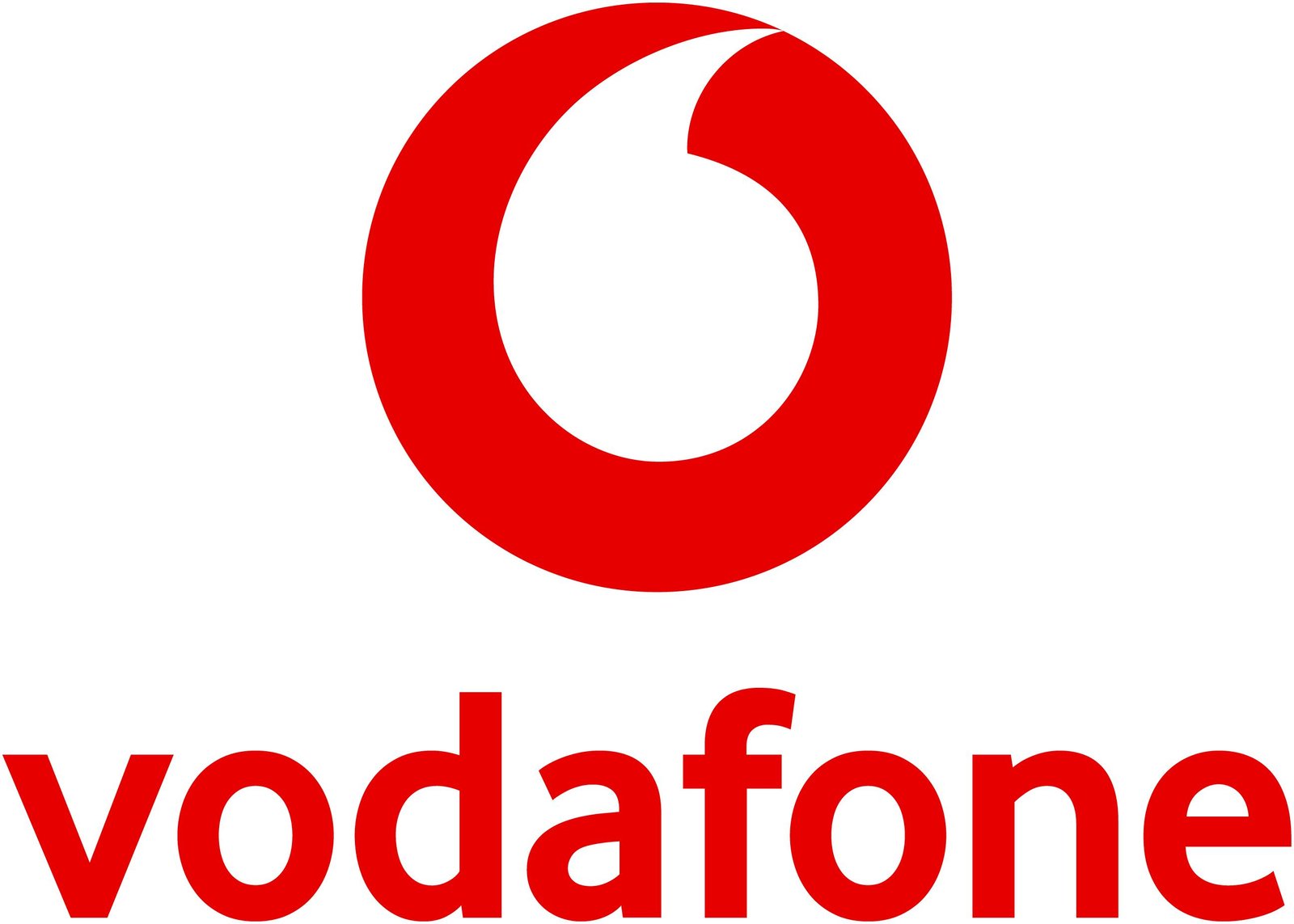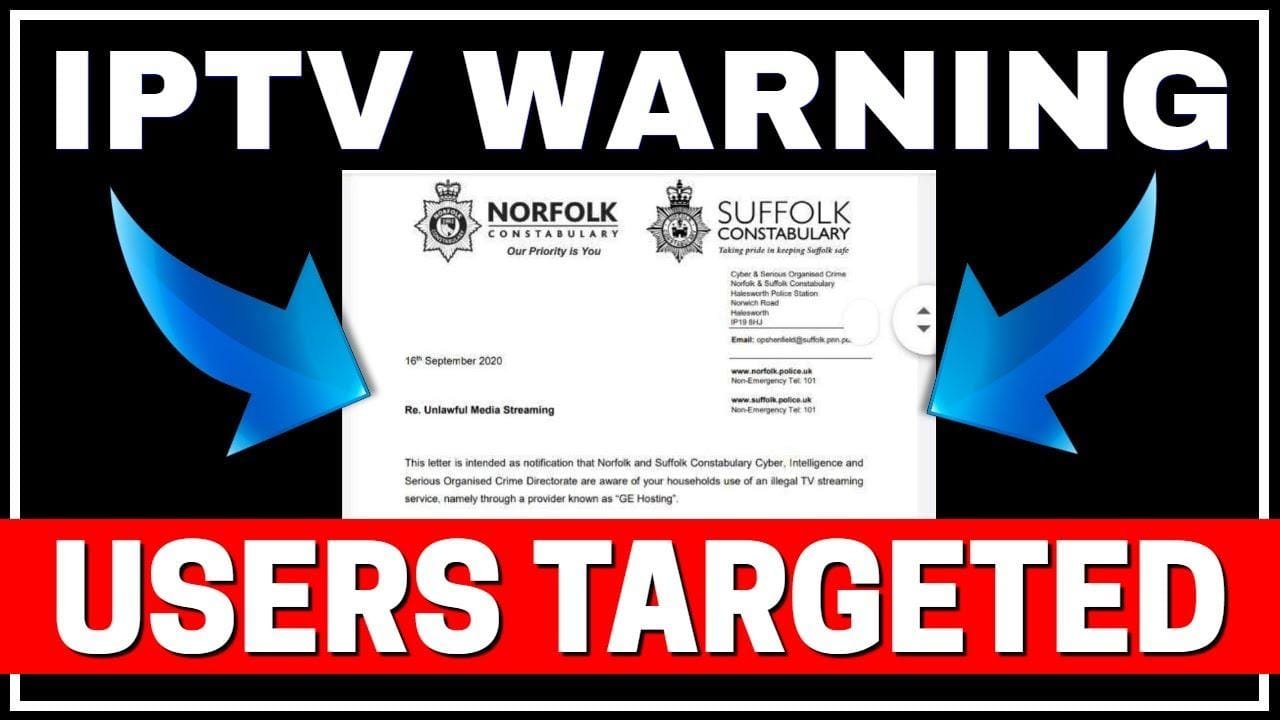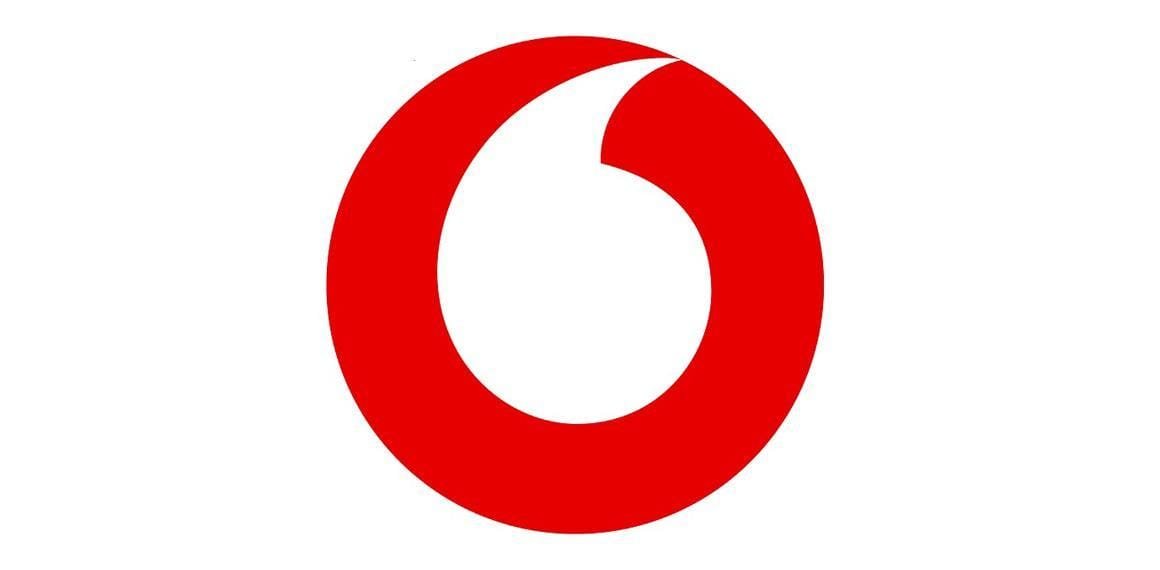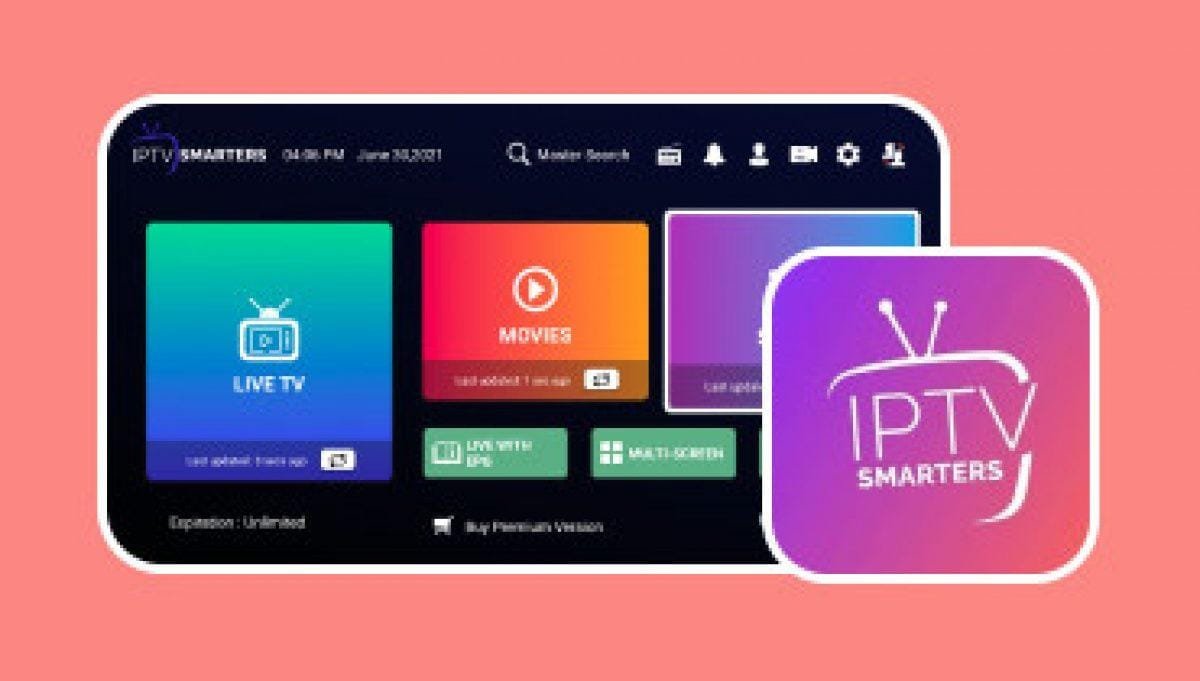In an age where digital entertainment knows no boundaries, the rise of Internet protocol Television (IPTV) has transformed how we consume content. With a simple internet connection, viewers can explore a vast universe of channels, shows, and films, often at a fraction of traditional costs. Though, this burgeoning landscape has not come without its challenges. Recently, Vodafone, a global telecommunications giant, has found itself at the center of a contentious debate, as it takes measures to block certain IPTV services. This move raises a host of questions about digital rights, consumer choice, and the future of media consumption. In this article, we delve into the implications of Vodafone’s actions, examining the interplay between technology, regulation, and the ever-evolving expectations of viewers in a connected world.
Table of Contents
- Understanding Vodafones Reasons for Blocking IPTV Services
- The Impact of IPTV Blockages on Users and Content Providers
- Navigating the Challenges: Alternatives to Vodafone for IPTV Streaming
- Practical Tips for Maintaining Access to IPTV Amid Restrictions
- Q&A
- Closing Remarks

Understanding Vodafones Reasons for Blocking IPTV Services
Vodafone’s decision to block IPTV services is a complex matter driven by multiple factors. Firstly, one of the primary reasons is compliance with copyright regulations. IPTV platforms frequently enough distribute content without the necessary licensing agreements, wich can lead to critically important legal repercussions for service providers. By blocking access to these services, Vodafone aims to protect itself from potential lawsuits and maintain its reputation as a law-abiding company within the telecommunications sector.vodaphone blocking iptv
Additionally, Vodafone’s blockade is influenced by network integrity and quality of service.Many IPTV services can strain network resources,leading to reduced speeds and service interruptions for legitimate users. To ensure optimal performance and customer satisfaction, Vodafone prioritizes licensed and regulated content providers. By focusing on approved services, Vodafone not only meets regulatory requirements but also enhances the end-user experience by reducing the risk of congestion and poor connectivity.

the Impact of IPTV Blockages on Users and Content Providers
The abrupt decision by Vodafone to block IPTV services has far-reaching consequences, affecting both the users who rely on these platforms for their entertainment and the content providers whose offerings are distributed through them. As more individuals turn to IPTV for high-quality streaming of live television and on-demand content, the impediment placed by Internet Service Providers like Vodafone can lead to significant disruptions in service access. Users are met with disappointment, as their preferred channels and shows become unreachable, creating a digital divide that can intensify feelings of frustration and discontent. Such measures might drive users toward less legitimate sources for their content, leading to potential security risks and subpar viewing experiences. vodaphone blocking iptv
On the other side of the spectrum, content providers are left grappling with the impact of these blockages on their revenue streams and audience engagement. The inability to reach potential viewers through popular IPTV services can stifle their growth and diminish brand loyalty. This creates a ripple effect through the industry, where both established networks and emerging content creators experience declines in viewership and advertising revenues. To illustrate, the following table summarizes the potential impacts on users and content providers:
| Impacts on Users | Impacts on Content Providers |
|---|---|
| Loss of access to preferred channels | reduced Audience reach |
| Increased Frustration and dissatisfaction | Decreased Revenue from subscriptions |
| Switch to Unreliable streaming services | Impact on Brand reputation |

Navigating the Challenges: Alternatives to Vodafone for IPTV Streaming
The landscape of IPTV streaming is constantly evolving, especially in light of recent actions by service providers like Vodafone. Many users are now faced with the need to seek out choice solutions to bypass these roadblocks and continue enjoying their favorite content. Fortunately, several options are available that can definitely help circumvent restrictions, providing a smoother and more satisfying viewing experience. Some of these alternatives include: vodaphone blocking iptv
- Dedicated IPTV Services: Numerous reputable IPTV providers operate independently, offering subscription plans with varied channel lineups and streaming quality.
- VPN Services: Utilizing a Virtual Private Network can mask your internet traffic and help access blocked content, allowing for a more secure and private streaming experience.
- Smart DNS: This service redirects your DNS queries, which can help access region-locked content without altering your connection speed.
- Streaming Devices: Devices like Roku, Amazon Fire Stick, or Android TV can offer access to alternative apps that may not be affected by Vodafone’s restrictions.
When exploring these alternatives, it’s essential to consider the variety of features they offer, which can frequently enough differ considerably. Below is a brief comparison of several options that are widely regarded:
| Service Type | Pros | Cons |
|---|---|---|
| IPTV Provider | User-friendly interface, extensive channel options | Subscription costs can vary |
| VPN | Anonymity, access to global content | May slow down internet speed |
| Smart DNS | fast access, no lag | Less anonymity compared to VPN |
| Streaming Device | Versatile viewing options | May require additional setup |

Practical Tips for Maintaining Access to IPTV Amid Restrictions
In the face of increasing restrictions such as those implemented by Vodafone, staying connected to your favorite IPTV services requires a few strategic adjustments. First and foremost, consider leveraging VPNs to encrypt your online activity and mask your IP address. This not only helps you bypass geographical limitations but also adds a layer of privacy to your streaming habits. Additionally, utilizing smart DNS services can aid in unblocking content by changing your DNS settings, allowing you to access restricted IPTV channels without compromising on speed. Don’t forget to frequently check for updated server lists from your provider, as reliable servers can significantly improve your streaming experience.
Another practical approach is to invest in a robust firewall or router settings that can definitely help manage the traffic effectively. Make sure to regularly update your settings and security protocols to fend off potential blockages. It’s also wise to engage with community forums where users share tips and tricks on maintaining uninterrupted access to IPTV services. Consider the following options for improving your connectivity:
| Method | Description |
|---|---|
| Using a VPN | Mask your IP and encrypt your connection. |
| Smart DNS | Change DNS settings for faster access. |
| Regular Updates | Keep software and settings fresh for performance. |
| Community Engagement | Learn from other users for the best strategies. |
Q&A
Q&A: Vodafone Blocking IPTV - What You Need to know Q1: What is IPTV and why is it becoming popular? A1: IPTV stands for Internet Protocol Television. It allows users to stream television content over the internet rather than through traditional cable or satellite methods. Its popularity has surged due to the convenience it offers, flexibility in viewing options, and a growing array of content choices without the need for long-term contracts. Q2: What actions is Vodafone taking regarding IPTV? A2: Vodafone has begun blocking certain IPTV services that it deems illegal or unauthorized,often in an effort to comply with copyright laws and protect intellectual property rights. This has led to significant discussions among users, who depend on these services for access to a variety of channels and programming. Q3: Why is Vodafone blocking these services? A3: The primary reason for Vodafone’s actions is legal compliance. By blocking specific IPTV services that infringe on copyright, Vodafone aims to avoid possible fines and legal repercussions, while also addressing concerns from content creators and rights holders about unauthorized distribution of their material. Q4: How can users tell if their IPTV service might be at risk? A4: Users of IPTV services should keep an eye out for notifications from their provider, changes in service availability, or reports from other users. Sometimes, a service that used to work well may become unreliable or inaccessible overnight, indicating potential action taken by an ISP like Vodafone. Q5: What should users do if their IPTV service gets blocked? A5: If users find their IPTV service blocked, they can first try contacting their service provider for clarity. Additionally, some might opt to explore legal IPTV alternatives or consider using Virtual Private Networks (VPNs) to bypass restrictions, though they should be aware that this could come with its own legal ramifications. Q6: Are there legal IPTV alternatives available? A6: Yes, there are numerous legal IPTV providers that offer a variety of packages and features. Services like Netflix, Hulu, Amazon Prime Video, and various cable provider apps provide a wealth of legally licensed content. These alternatives may not have the same breadth of channels as some unauthorized IPTV services but abide by copyright laws. Q7: How does this situation reflect larger trends in the media landscape? A7: Vodafone’s actions highlight the ongoing tension between evolving technology and existing copyright laws. As more consumers turn to streaming and alternative content delivery methods, regulators and ISPs will continue to navigate how to protect intellectual property while also catering to user demands for diverse and flexible viewing options. Q8: What can we expect in the future regarding IPTV services and ISP actions? A8: The landscape is likely to evolve, with ongoing discussions between service providers, content creators, and regulators about the balance of stream access and copyright compliance. As technology advances, innovative solutions and changes in legislation may emerge to better accommodate the shift towards streaming while protecting creators’ rights. Q9: Where can readers find more data on this topic? A9: Readers can explore official Vodafone communications, technology news websites, and forums dedicated to IPTV discussions. These resources often provide timely updates and community insights that can be invaluable for users navigating the changing media landscape.
Closing Remarks
the decision by Vodafone to block IPTV services raises important questions about the intersection of technology, consumer rights, and regulatory practices. While this move may aim to protect content providers and uphold licensing agreements, it undeniably affects the way viewers access entertainment in an increasingly digital world. As consumers, we must stay informed and advocate for our viewing preferences amidst evolving policies. As this landscape continues to change, the dialog surrounding IPTV accessibility and the responsibilities of internet service providers will remain critical. Ultimately, navigating these waters calls for a balance between innovation and adherence to established frameworks, ensuring that choices remain open for all. As we move forward, let us keep the conversation alive and seek solutions that respect both creative content and the viewing freedoms of the public.

